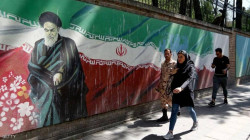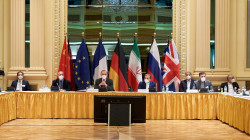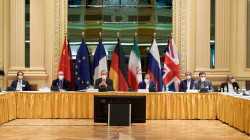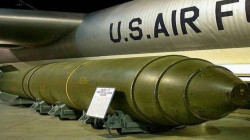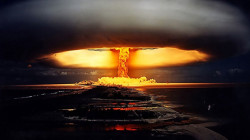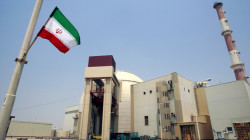SIPRI warns of exploding arsenals, broken treaties
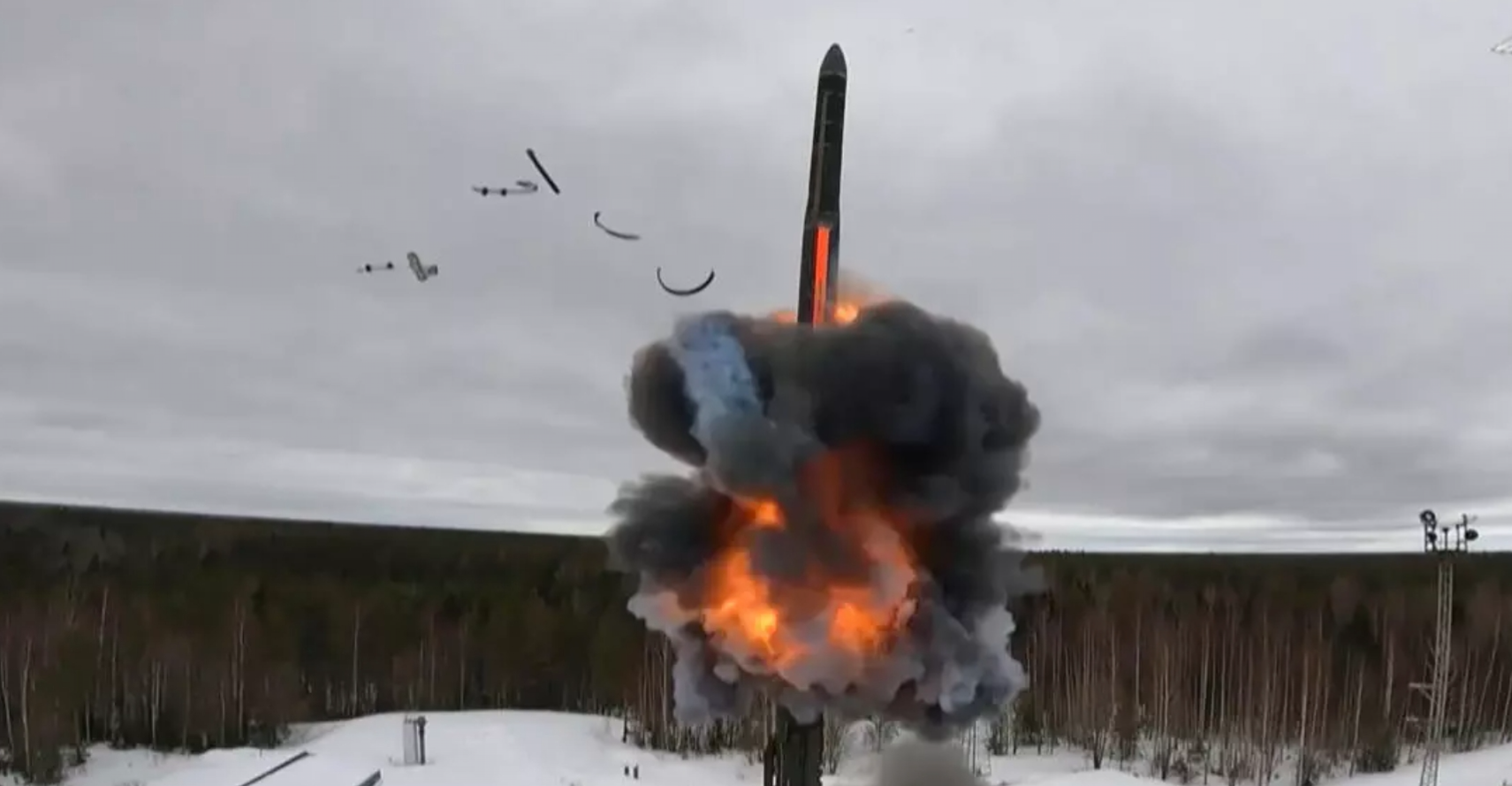
Shafaq News/ A new report from the Stockholm International Peace Research Institute (SIPRI) has warned that global nuclear risks are rising sharply, with major powers expanding their arsenals and a new arms race emerging amid the breakdown of international arms control frameworks.
In its 2025 Yearbook, SIPRI estimates that there are 12,241 nuclear warheads worldwide as of January 2025, with 9,614 in active military stockpiles and approximately 2,100 on high operational alert—most of which belong to the United States and Russia.
According to SIPRI Director Dan Smith, the post–Cold War era of nuclear arms reductions has effectively ended. “We are entering a period where the number of nuclear weapons in global arsenals is likely to increase,” Smith said, pointing to growing instability in arms control efforts and increasing geopolitical mistrust.
The report notes that China is rapidly expanding its nuclear arsenal, with projections indicating it could match the intercontinental ballistic missile capabilities of the United States or Russia by the early 2030s. SIPRI estimates that China has been adding nearly 100 warheads annually since 2023.
SIPRI’s analysis also highlights the growing role of advanced technologies—including artificial intelligence, cyber warfare tools, missile defense systems, and quantum computing—in altering the nuclear risk landscape. These developments, the report warns, may reduce decision-making times in crisis scenarios and increase the risk of miscalculation.
Regional Implications for the Middle East
Although not a signatory to the Treaty on the Non-Proliferation of Nuclear Weapons (NPT), Israel is widely believed to possess an undeclared nuclear arsenal and is reportedly modernizing its long-range missile systems and nuclear infrastructure. In the context of the current military confrontation with Iran, SIPRI's findings raise renewed concerns over nuclear deterrence dynamics in the region.
The report’s release comes as Iran and Israel continue to exchange missile and drone strikes, escalating fears that regional instability could deepen into a broader conflict involving weapons of mass destruction. The collapse of traditional arms control mechanisms, such as the New START Treaty, which is set to expire in 2026, further complicates the international community’s ability to manage nuclear escalation.
SIPRI concludes its yearbook with a stark warning: “A dangerous new nuclear arms race is emerging,” driven by global power competition, weakened diplomatic channels, and a rapidly changing technological environment.
